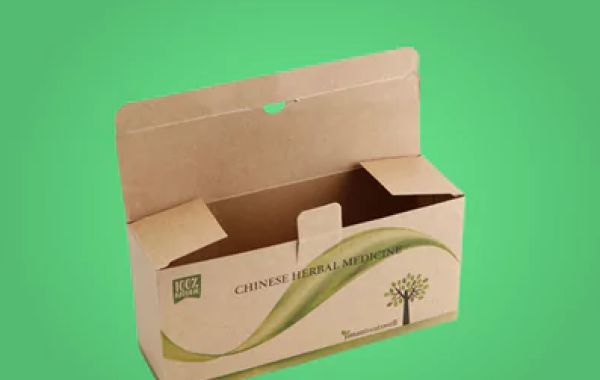In a world grappling with the consequences of unsustainable practices, the need for a circular economy has never been more pressing. Compostable packaging stands as a beacon of hope, offering a solution that harmonizes our consumption habits with the preservation of our planet.
Traditional packaging materials, derived from fossil fuels, perpetuate a linear take-make-waste cycle that contributes to the growing environmental crisis. Conversely, compostable packaging is designed with the circular economy in mind, crafted from plant-based, renewable materials that can be recycled into nutrient-rich compost, nourishing our soils and sequestering carbon from the atmosphere.
The environmental benefits of compostable packaging are multifaceted and far-reaching, addressing some of the most pressing challenges we face:
Diverting Organic Waste from Landfills: Compostable packaging allows for a single collection of waste, preventing food contamination and enabling the recovery of organic materials that would otherwise contribute to the staggering 1,000,000 tonnes of organic waste generated by the Australian food industry each year.
Reducing Greenhouse Gas Emissions: When organic waste decomposes in landfills, it emits methane, a potent greenhouse gas 28 times more harmful to the atmosphere than carbon dioxide. By composting food waste and compostable packaging, we can significantly reduce these emissions and combat climate change.
Promoting Renewable Resources: Plant-based materials like bagasse, derived from sugarcane pulp, offer a renewable alternative to fossil-fuel-based plastics. These materials can serve our food service industry before being composted and returned to the soil, fostering a truly circular economy.
Reducing Dependence on Fossil Fuels: Fossil-fuel-based plastics persist in our environment for an alarmingly long time, polluting our ecosystems and even entering our bodies. Compostable packaging presents a sustainable alternative, minimizing our reliance on these finite and harmful resources.
Restoring Ecological Balance: Composting not only sequesters carbon but also promotes the growth of beneficial microorganisms, enhancing soil structure and quality. This, in turn, supports plant growth, water retention, and reduces the need for chemical fertilizers, safeguarding our rivers and marine environments from contaminated runoff.
As we delve deeper into the advantages of compostable packaging for the food service industry, its significance becomes even more apparent. With the ability to capture both packaging and food waste in a single bin, compostable packaging streamlines the process of waste management while reducing contamination in other recycling streams.
By embracing compostable packaging, we not only address the challenges posed by plastic pollution and organic waste but also pave the way for a sustainable future built on regenerative agricultural practices and food security. The time to transition towards a circular economy is now, and compostable packaging stands as a powerful catalyst for change.
Embrace the future, embrace compostable packaging – a choice that harmonizes our needs with the needs of our planet, ensuring a legacy of environmental stewardship for generations to come.








